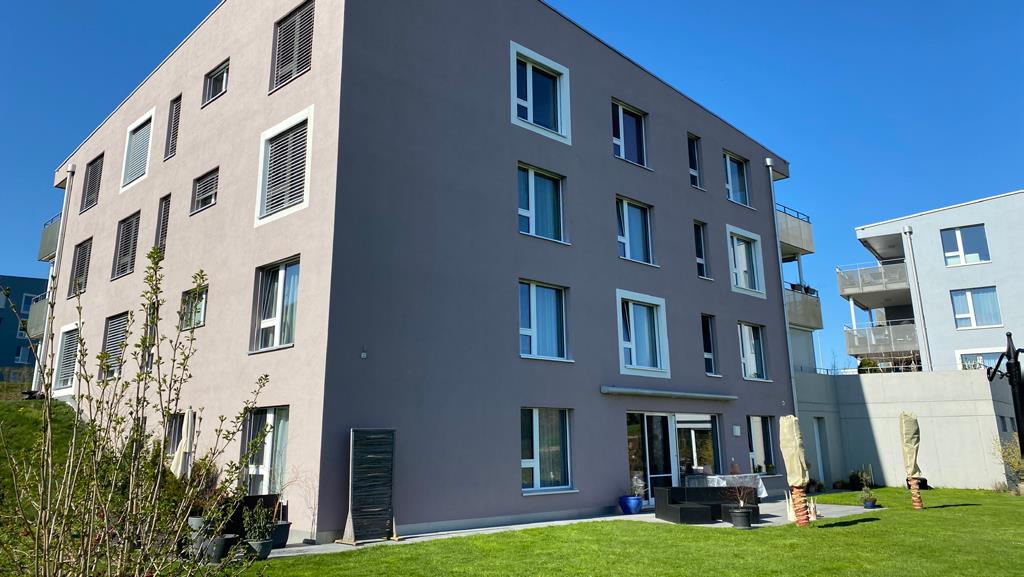Housing: Owners are getting older
According to a new Credit Suisse study, homeowners are getting older. However, the criteria for granting mortgages are primarily geared toward working people, it says.

The sharp increases in real estate prices and stricter regulatory conditions have led to homeowners in Switzerland becoming older and older. According to a survey by Credit Suisse (CS), the average owner in 2000 was still 54 years old. In 2016, the average age was already 58. Almost half of all retirees (49.7%) now live in property, which significantly exceeds the home ownership rate across all age groups of around 38 percent, the study continues.
In the coming years, the average age of homeowners will increase even more, the CS researchers predict. The baby boomer generation, born between 1946 and 1964, currently accounts for 42 percent of all homeowners in Switzerland.
With too few young people moving up the age pyramid, the proportion of the population over 65 is expected to rise from 18.3 to 21.4 percent over the next ten years. As a result, the proportion of older people in the housing market, and particularly in the home ownership market, will also continue to grow.
Construction industry has adapted to seniors
The construction industry has responded to the trend toward an aging population by designing most new buildings to meet the needs of the elderly. The number of hybrid forms of living, in which conventional apartments are combined with retirement and nursing homes, is also increasing.
When it comes to financing home ownership, however, the situation looks different. The current framework conditions for granting mortgages are geared toward working people, the CS researchers criticize. In addition to minimum equity requirements, this applies in particular to imputed affordability, according to which the financial burden may not exceed one-third of gross income.
With retirement, a considerable part of the previous income is lost: the gross income of 65- to 74-year-olds is 38.5 percent lower than that of 55- to 64-year-olds. This could become problematic if the owner wants to change mortgage providers or is planning a major renovation for which the mortgage is to be topped up. Given the current regulatory environment and negative interest rates, banks cannot be expected to make adjustments to mortgage lending. (ah)









